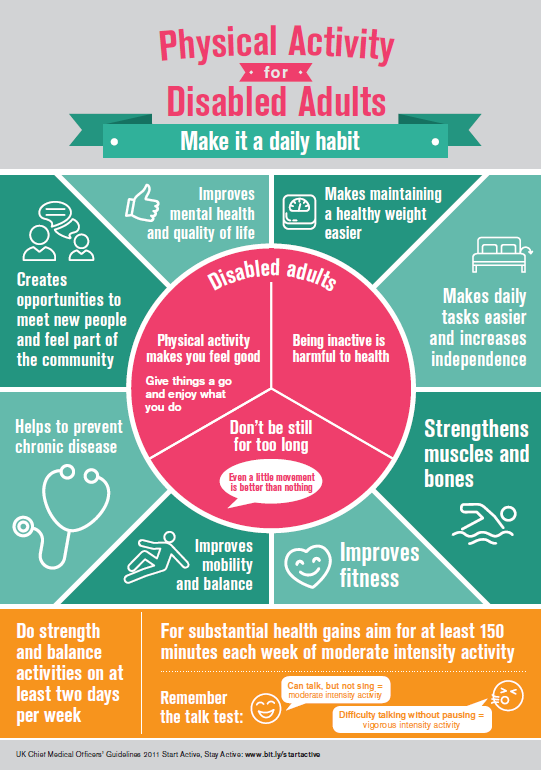
Dear everyone
Loneliness does not discriminate. It affects all ages and can be triggered by normal life events, such as moving home, or becoming a parent or carer. We know that good health is predominately about having a sufficient income, a decent home and friendship and so the focus on loneliness from the Government’s new strategy could not be more timely or relevant. What matters is what gets done through this strategy and PHE will be working with those involved in its development to convert this into concrete action.
Directly relevant to this was the formal launch, also this week, of the National Centre for Rural Health and Care, a pioneering initiative to focus on the health and wellbeing of the nine million people who live in rural areas in England. Around 86% of our land mass is rural and people living in these areas are ageing at twice the rate of those in urban areas. There is good news in that people in rural areas live on average two years longer and infant mortality in these areas is better, but good jobs are harder to find and infrastructure, such as transport and good broadband, can be sparse and of course loneliness is also a key factor. The centre is up and running and will be developing its work programme with a focus on what works.
When it comes to disease prevention, only clean water matters more than vaccination. This year marks 50 years since the UK started vaccinating against measles, the most infectious illness known to humankind. During this time, this highly cost-effective vaccine has prevented 20 million cases of measles and saved thousands of lives. This also means that countless GP visits and hospital admissions have been avoided, freeing up NHS resources. We have published a blog outlining the history of the vaccine which is a really interesting read.
Physical inactivity is responsible for one in six UK deaths, which is equal to smoking and is estimated to cost the UK around £7 billion each year. This week PHE published an evidence review about the health benefits for disabled adults becoming more active and a new infographic, which you can see below, has been developed on behalf of the four Chief Medical Officers of the UK. Both of these have been developed in collaboration with 350 disabled adults, 10 disability organisations and over 50 health professionals. More on this to follow in 2019 as our evidence review influences policy.

And finally, congratulations to PHE’s Head of Specialist Microbiology Technical Services Neil Bentley, who has been awarded a prestigious Honorary Doctor of Health Sciences from Anglia Ruskin University. This is fitting recognition of his outstanding contribution to health science, including his strong leadership in Sierra Leone setting up medical laboratories which enabled Ebola tests to be turned around in 24 hours and saving lives.
Best wishes
Duncan

2 comments
Comment by VG posted on
Ageing at twice the rate 😉
But we're working on it in Lincolnshire - with the NCRHC @RuralHCA @RoseRegen
Comment by ian stronge posted on
your infographic is giving me a headache - can you not hire some professionals to put your important message across?